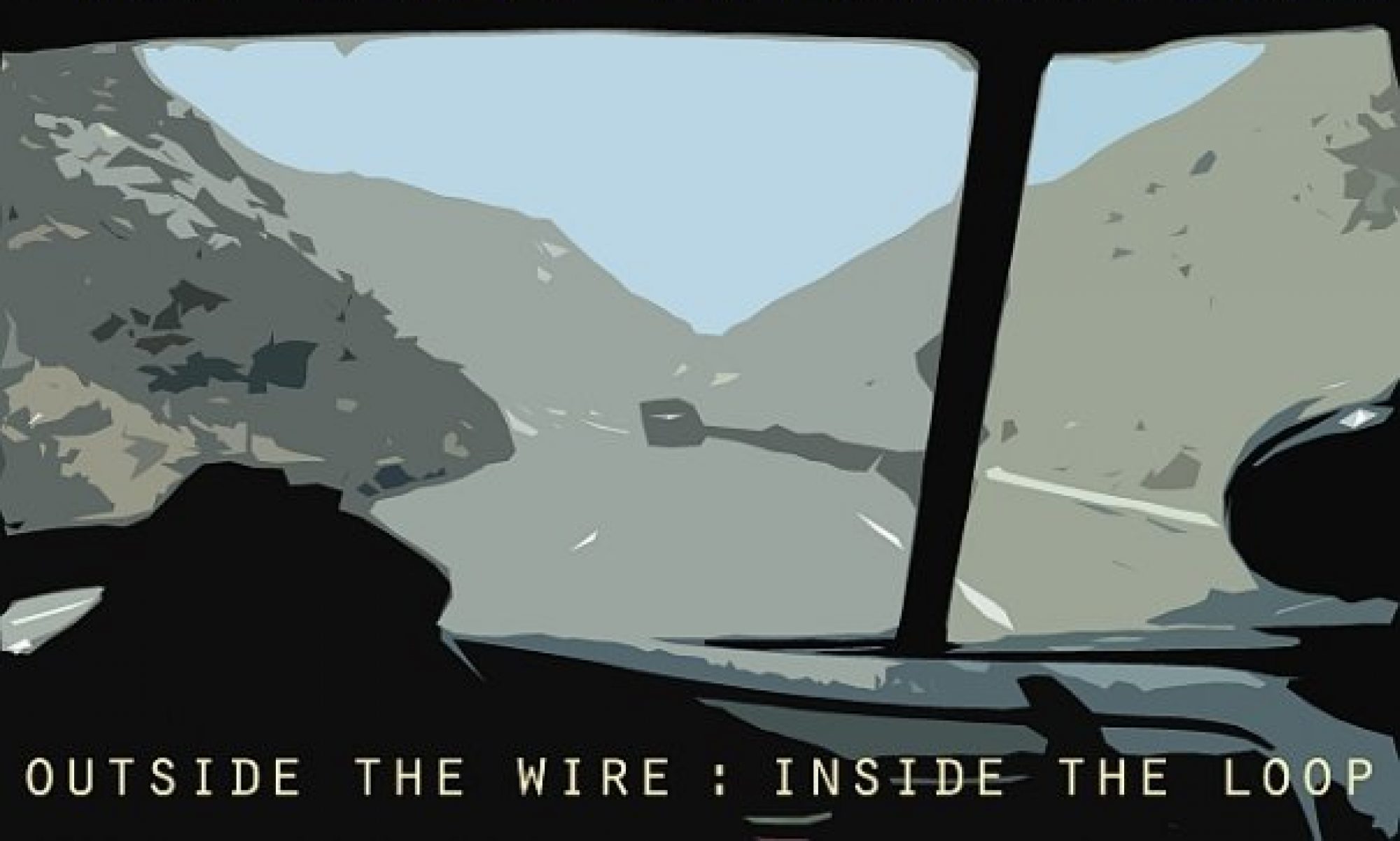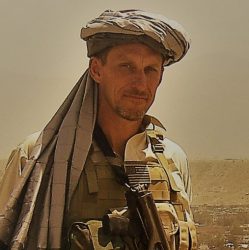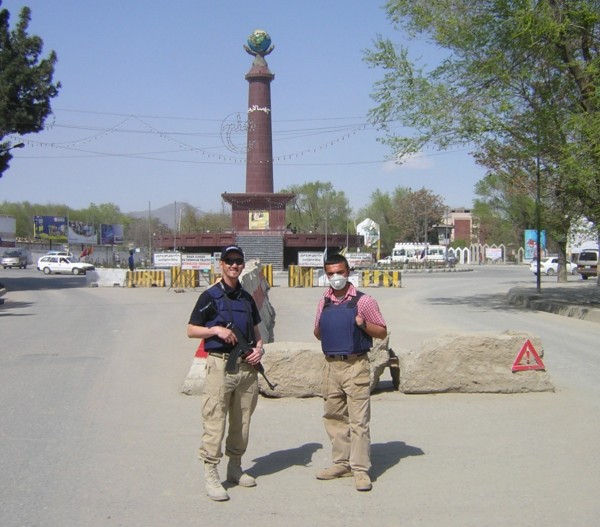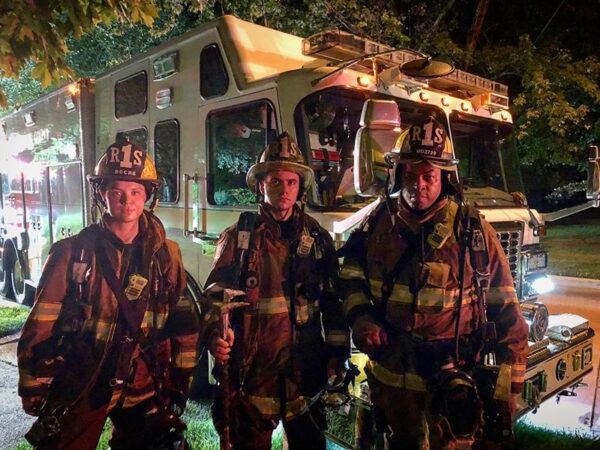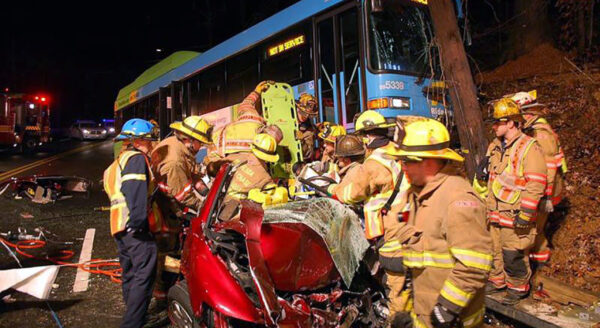There are three ways to tour the Khyber Pass; you can apply for permit and if granted then pay for a soldier to escort you through the pass, If you’re a VIP there are no fees and you get lots of escorts, special presentations at the forts, and lunch at the Khyber Rifles Officer Club, and if you’re really clever (or stupid) you can sneak through the pass dressed like a local and hope none of the roadblocks spot you. I’ve traversed the pass a half dozen times using all three methods. The VIP tour was the most enjoyable, the food on my non VIP tour with a bunch of Afridi “businessmen” was the best, and trying to sneak back through the Pass unescorted the most exciting.
My first trip through the Khyber Pass was in 2006 when my friend Yahya Sayeed and I flew into Islamabad, got a cheap hotel and spent the afternoon shopping for shalwar kameez (local clothes) and booze for our hosts before taking a taxi to Peshawar the next day. Alcohol may be frowned upon by Islam but that has not stopped Pakistan from producing Vat 69 scotch in Rawalpindi and Cossack Vodka in Quetta, but both are vile. When we arrived in Peshawar we got a room in a modest motel across the street from a Kentucky Fried Chicken shop before a couple of stout, serious looking men showed up to take me on a tour of the world famous Qissa Khawani Bazaar.
My new bodyguards were the advance party of the Afridi clan and were there to look after me given that this was Peshawar, home to the Peshawar Taliban Shura. The famous bazaar was large and looked to me like a large Afghan bazaar with the gold souk from Dubai attached. It had plenty of big buildings built on narrow pockmarked streets with narrow brown water drainage ditches on both sides. I was as little taller than my escorts and deeply tanned at the time, but easily recognizable to the merchants who would greet me in English or Russian. I had not yet learned how easily a western gait was spotted in Central Asia. I guess if one were supple enough to squat comfortably on their heels they’re gait wouldn’t be so distinctive but I can’t do that so I stuck out like a sore thumb whenever I was on foot.

A few hours after we returned from the bazar the main body of the Afridi’s showed up heavily armed, but friendly. I thought Yahya had told them I was a retired Marine and interested in touring famous battlefields, to explain our interest in the pass but I was wrong. The Afridi’s didn’t know anything about the American military, and they had never heard of the United States Marine Corps. They were hoping I could help them out with a business problem but first had to determine if I could be trusted. They asked why I was spending my leave time in Pakistan instead of going back home, so I explained that I had to spend 11 out of 12 months outside the USA to get an overseas tax exemption, and that my second wife was a total bitch, so I had no desire to rush home.
Avoiding taxes and having an unpleasant wife who made hanging out in the family compound a misery were problems Afridi’s understood. They spent the next hour extolling the virtues of tax avoidance and discussing effective methods for dealing with nagging wives. They then shared a business problem they needed help with; would it be possible for me to sell some beer on their behalf? Apparently a truck load Heineken had mysteriously showed up and they needed to monetize it. This was the start of my lucrative side gig as a rumrunner.
My new business partners (from the much-respected Adam Khel clan) were, with one exception, carrying bizarrely modified rifles built from AK-47 platforms. The senior guy had a legit Russian AKS 74U identical to the one carried by Osama bin Laden, but the others had custom furniture or parts added to make them look like MP-5’s or M4 rifles. Only the 74U had sights on it so I got the impression these rifles were for show. The Afridi’s, who have been living in the Khyber Pass area for centuries, are allowed (and expected) to be armed even when visiting Peshawar which is a nice, clean, modern city.
Once we had our four-car convoy organized we took off for the Northwest Frontier border at a rather high rate of speed. I looked at Yahya who smiled serenely and said something like “these guys are crazy so get used to it”. Approaching the Bab-e-Khyber gate our convoy barely slowed as the guards waved us through without inspection. We then pulled off the main road onto a dirt track for a few hundred meters and stopped in front of some small, ugly, square cinderblock rooms that functioned as Pashtun roadhouses. They served only Vat 69 Scotch, which tasted like shit. We had three toasts, including one to President Bush, the Afridi’s test fired their guns, because they could (I guess), and we were off into the Khyber.
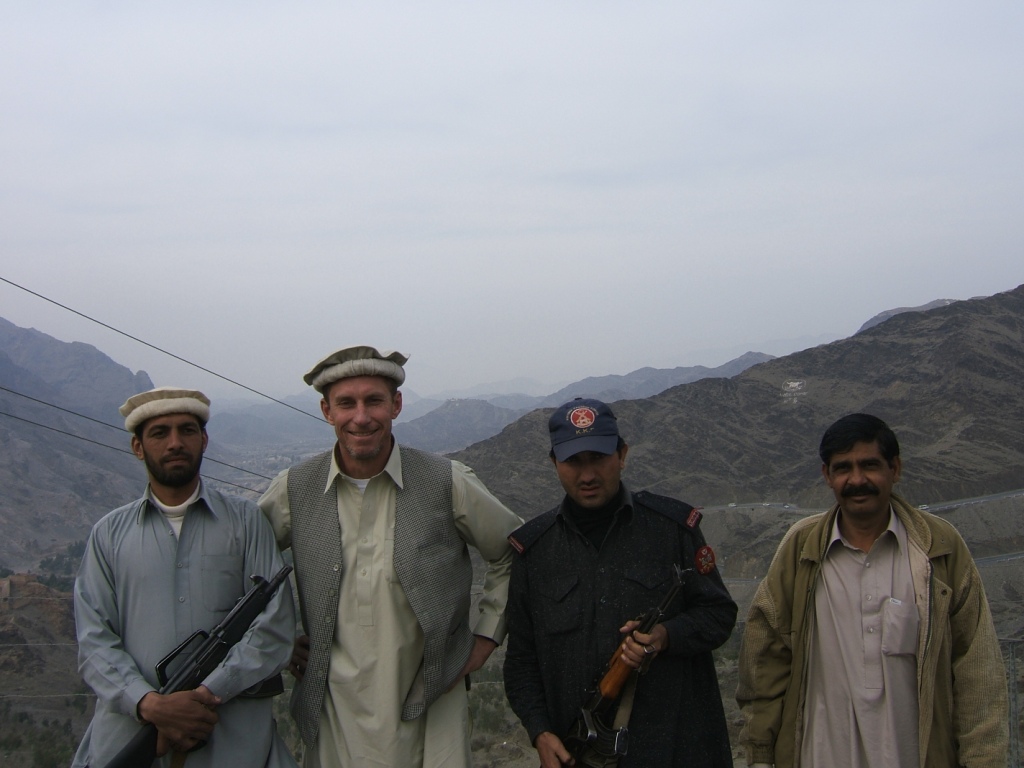
The pass climbs for several miles until reaching the Shagai Fort, built by the British in 1927 and currently home to the Khyber Rifles. It’s massive but closed to the public so after taking pictures we moved on traveling next to the old, abandoned Khyber railroad as the pass narrowed when approaching the Ali Masjid fort. That too is not open to the public, so we pushed on through the town of Landi Kotel, to the Michni Post, a fort that looks over the valley leading into Afghanistan at the Torkham border. After taking pictures and looking around we doubled back to Landi Kotel for lunch. We pulled up to a dodgy looking place amid the bazaar and there was a teen aged boy out front squeezing the contents out of the guts of a goat he just butchered. I looked at Yahya with trepidation, but he assured me the food would be excellent. We sat on a cushioned, raised platform inside a small filthy hovel and the food, goat kabab and Kabuli Palau. The food was delicious and caused no abdominal distress which, at the time, I thought a miracle.
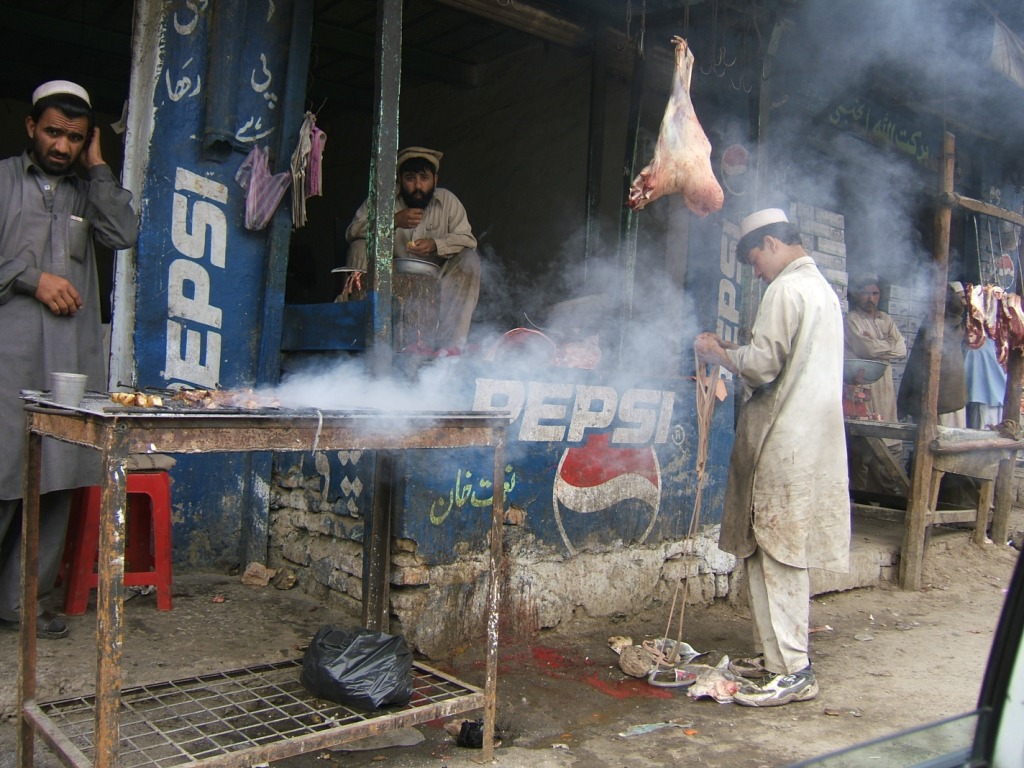
My only disappointment with the first trip was not stopping in the town of Darra Adam Khel a one-road town inside the Khyber Agency that is lined with gunsmiths and famous for fixing, making, and selling military grade rifles, pistols and machineguns. The Afridi’s told us that showing up there with an American would be a problem.
The difference between experiencing the Khyber Pass with the low rent, but beer rich Afridi’s and the upper caste Afridi elite was night and day. My next trip through the Khyber was in 2007 when I escorted the head of the Japan International Cooperation Agency (the USAID of Japan) through the pass to Islamabad. The head of mission had senior diplomatic status, so he received the VIP Khyber tour which was spectacular. That trip started on the Afghan side of the border, we had driven to the Torkham gate from Kabul escorted by my usual team of gunmen from the Panjshir.
Once we reached the Torkham gate I coordinated with the American army Military Policemen (MP’s) stationed there to get the JICA SUV expedited across the border. before surrendering my weapons to my Afghan crew and finished the trip unarmed. On the Pakistan side of the border we were taken into the VIP area which had a large buffet of food that the Japanese wisely ignored. We picked up an escort with motorcycle outriders and three pickup trucks full of riflemen. The lead truck had a machinegun attached over the cab with bungee cords and the gunner was wearing a motorcycle helmet which looked peculiar but was not doubt effective at keeping the wind out of his eyes.

With sirens wailing we drove up to the Michni Post for our first VIP event, a lecture about the history of the Khyber Pass by the Khyber Rifles a.k.a “Guardians of the Khyber”. The presentation room had glass walls allowing an impressive unobstructed view of the Afghanistan border. There four prominent mountain peaks marking the Afghanistan border have large white numbers (1 through 4) painted on them and are used as target reference points during the presentation. The major from the Khyber Rifles had an impeccable upper-class British accent, and had gone to university in the United Kingdom. He gave a brief history of the pass and explained the extensive counter battery battle they had fought back when the Soviet Union was warring in Afghanistan. There were many missile and artillery shrapnel pieces (all painted blue) and a few captured soviet artillery pieces on display just outside the fort to augment the presentation.

On on either side of the glass walls were pictures of famous people who had toured the fort in the past. Princess Di, Jackie Kennedy, Queen Elizabeth and Prince Phillip, Margaret Thatcher, the former Shah of Iran, and Princess Ann were there along with dozens of famous people from other countries. I noted a table full of sweets and fruits was set up at the Post just as it had been at the border so after the presentation, I munched on finger food and took pictures. We then headed for the home of a Pakistani physician/diplomat Dr. Afridi (a common last name in the Khyber Agency) who had served on the Pakistan’s delegation to Tokyo. We had lunch with Dr Afridi which my JICA clients barely touched before heading to the Ali Masjid fort, home of the Khyber Rifles Officer’s Club for another official presentation and buffet.

The Khyber Rifles Officer Club has a treasure trove of fascinating military artifacts. Outside the club there is an ancient tree that was placed in chains back in 1898. The tree was arrested one Saturday evening by Captain James Quid who after stumbling out of the O Club noticed the tree was moving wildly and he suspected it was trying to leave the post without orders. He ordered the mess sergeant to arrest the tree and place it in chains so it could not escape, which the sergeant did. The chains remain in place to this day, protected by fencing and with a plaque explaining its history in English.

Being a diplomat is difficult because everywhere you go people prepare local delicacies, they expect you to sample. Three lunches in one day were more than anyone can handle which was why my Japanese clients were adept at sampling a lot but consuming very little. Diplomats need to know that kind of stuff and I sure wished one of them had told me because I was slow to catch on and uncomfortably full by the time we left the pass.
My last trip through the Khyber was to take a physician from Jalalabad to Peshawar where he was scheduled to attend a medial conference. This was in 2010 when the area between Shagai Fort and Landi Kotal was experiencing serious feuding between the beer drinking Afridi’s and Jihadi inclined Shinwaris and both sides were battling the Pakistani army too.
We went on a Friday because if there was one day you could sneak around and not get caught because it was Islam’s day off. It is also the day the faithful swarm popular mosques for the weekly Juma mid-morning prayer and the mosque in Landi Kotel was so popular hundreds of the faithful, many armed to the teeth, were blocking the road as they bowed in supplication.

Our taxi driver was freaking out as we stopped well short of the crowd and waited for the Juma prayers to end. We made no more stops, but I took lots of pictures of battle damaged compounds. Every large compound had armed men stationed outside in sangers and from casual observation it appeared the arms dealers in Darra Adam Khel were having an RPG clearance sale. Hundreds had been fired at some of the compounds and that takes some time to do.
We got to Peshawar and I dropped off my colleague and then attempted to go right back through the Khyber without a tribal pass which would take a day to obtain. I sat in the back of the little Toyota cab and made it all the way to Landi Kotal before a sharp-eyed sentry manning a roadblock spotted me and yelled “Foriengee” before raising his rifle to stop the taxi and inviting me to parlay. The sentry was not interested in trying to decipher my crude attempts at Dari, a language he probably didn’t understand anyway, so he jumped into the cab, and we drove back to Peshawar.
We arrived at the tribal police headquarters where I explained to the officer of the day, who spoke English, that I was unaware I needed a different permit to travel back to Afghanistan. I was released and told to report back in the morning for a proper permit. I stepped out into the teaming streets of Peshawar, switched the sim cards to my Pakistan cell number and summoned aid before walking to the City View motel to go to ground for the night. It was a long night but in the end I made it back through without further delay. When I first traversed the pass I found it enchanting; it was easy to imagine what it looked like when Tammerlane was invading the subcontinent, but after a few trips the pass lost its charm but it would be cool to again some day . . . inshallah.
